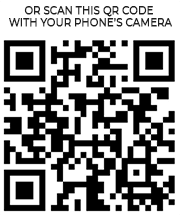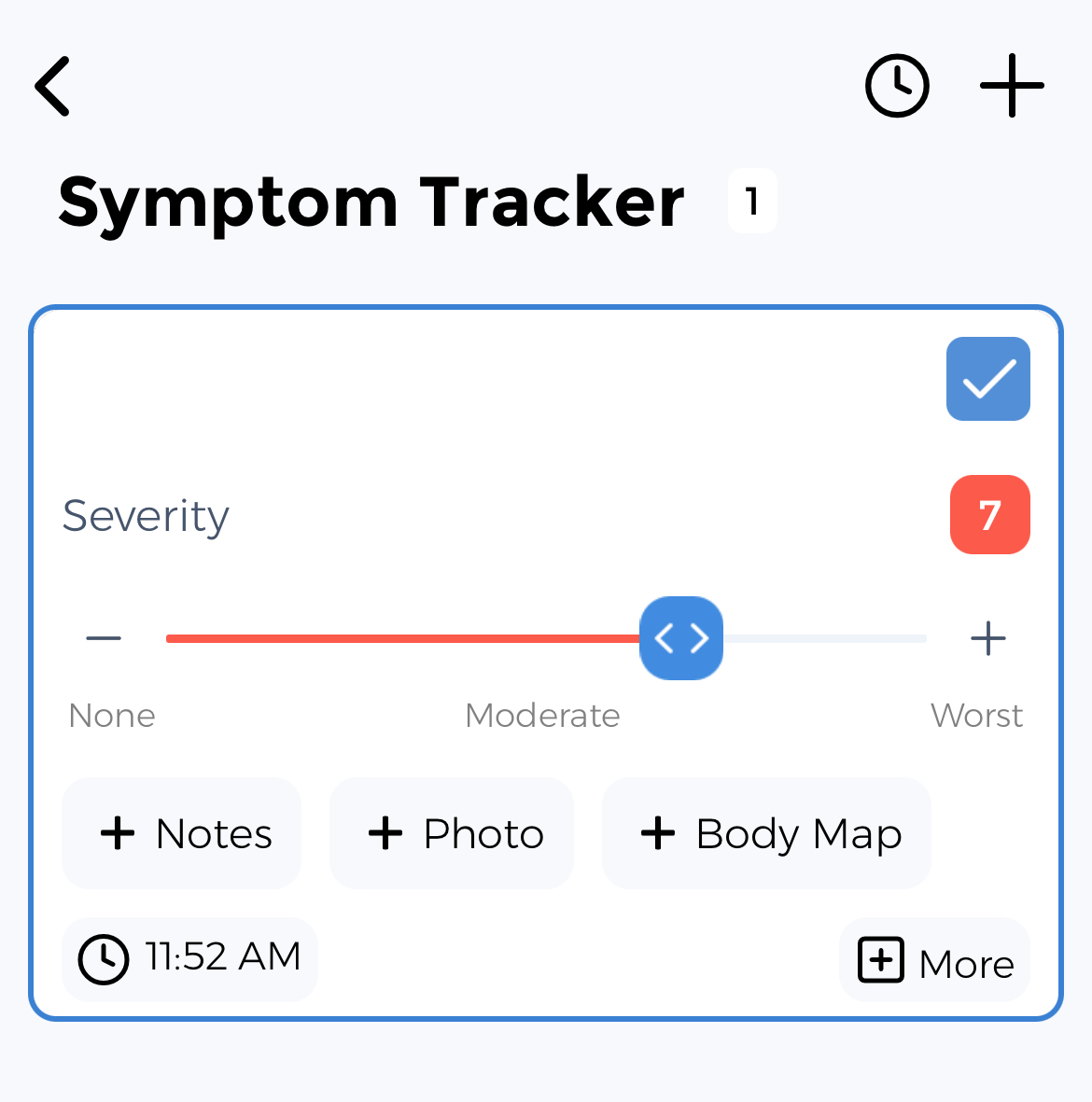Autoimmune Hemolytic Anemia Symptom Tracker: Your Health Assistant
Living with Autoimmune Hemolytic Anemia means dealing with fatigue, weakness, pale skin, and more. But here's the truth: Data is your most powerful tool. Every logged symptom reveals patterns—so you can take informed action.
Autoimmune hemolytic anemia (AIHA) is a condition where the immune system mistakenly attacks and destroys red blood cells, leading to anemia. It can be primary (idiopathic) or secondary to other conditions. Tracking symptoms, blood values, and treatment responses helps manage this condition and prevent complications.
Key Autoimmune Hemolytic Anemia Symptoms You Should Track
Struggling with symptoms like these? Tracking them reveals patterns, triggers, and how they impact your daily life.
Fatigue
Weakness
Pale skin
Shortness of breath
Rapid heartbeat
Dizziness
Jaundice
Dark urine
Enlarged spleen
Fever
Chest pain
Cold extremities
Headache
Track Your Autoimmune Hemolytic Anemia Treatments
Tracking how these common treatments affect your symptoms can help you and your healthcare provider optimize your care plan:
Our tracker helps you monitor when you take medications and how they affect your symptoms over time.
Standardized Autoimmune Hemolytic Anemia Assessments
Complete these evidence-based assessments in the App to measure your severity and monitor your progress:
⚡ Knowledge Is Your Superpower
The difference between feeling overwhelmed by Autoimmune Hemolytic Anemia and feeling in control starts with data. When you track your symptoms, you transform uncertainty into clarity. Every data point brings you closer to understanding your unique patterns.
It's free to try for anyone—whether you're managing your own condition, supporting a child, helping an aging parent, or assisting a partner. Our tracker adapts to your specific role in the health journey.
How the CareClinic Autoimmune Hemolytic Anemia Symptom Tracker Adapts to Your Needs
Adults
Caregivers
Parents of Children
Young Adults
Your Complete Autoimmune Hemolytic Anemia Management Toolkit
Uncover Patterns & Insights
Map your Autoimmune Hemolytic Anemia symptoms like a detective solving a case.
Understand Your Medication's Impact
Turn guesswork into strategy. See how treatments affect your well-being with clear health insights.
Objectively Measure Your Progress
Use clinically validated tools to objectively measure your progress.
Other Tools You May Like...
Plus 4 more specialized tracking tools available
Access All Tracking ToolsAlso Supports Other Conditions Like
Evans Syndrome Tracker
Evans Syndrome warriors use our tracker to monitor fatigue, pallor.
Lupus Tracker
Lupus warriors use our tracker to monitor fatigue, joint pain.
Chronic Lymphocytic Leukemia Tracker
Chronic Lymphocytic Leukemia warriors use our tracker to monitor fatigue, enlarged lymph nodes.
Rheumatoid Arthritis Tracker
Rheumatoid Arthritis warriors use our tracker to monitor joint pain, joint swelling.
Success Stories from Our Community
"This tracker helped me see my Autoimmune Hemolytic Anemia in a whole new way. I could finally differentiate between different types of cold extremities - something I never would have realized without keeping consistent records."
"The most valuable feature for me was the breathing difficulty tracker. When I was missing too much work, but after tracking consistently, I developed strategies that actually work."
Take Control of Your Autoimmune Hemolytic Anemia Journey
Transform from feeling like a passive patient to becoming an informed self-advocate. Join thousands who've discovered new insights about their condition.
Designed by people who understand the daily challenges of managing chronic conditions, we're here to support you and your ❤️ ones.
Download Your Autoimmune Hemolytic Anemia Tracker NowYour Data is Protected
Private & Secure
HIPAA Compliant
GDPR Compliant
Never Sell Data
Your data is yours: You get full control over who can view your information. CareClinic keeps all your data secure and encrypted.
References based on studies by:

